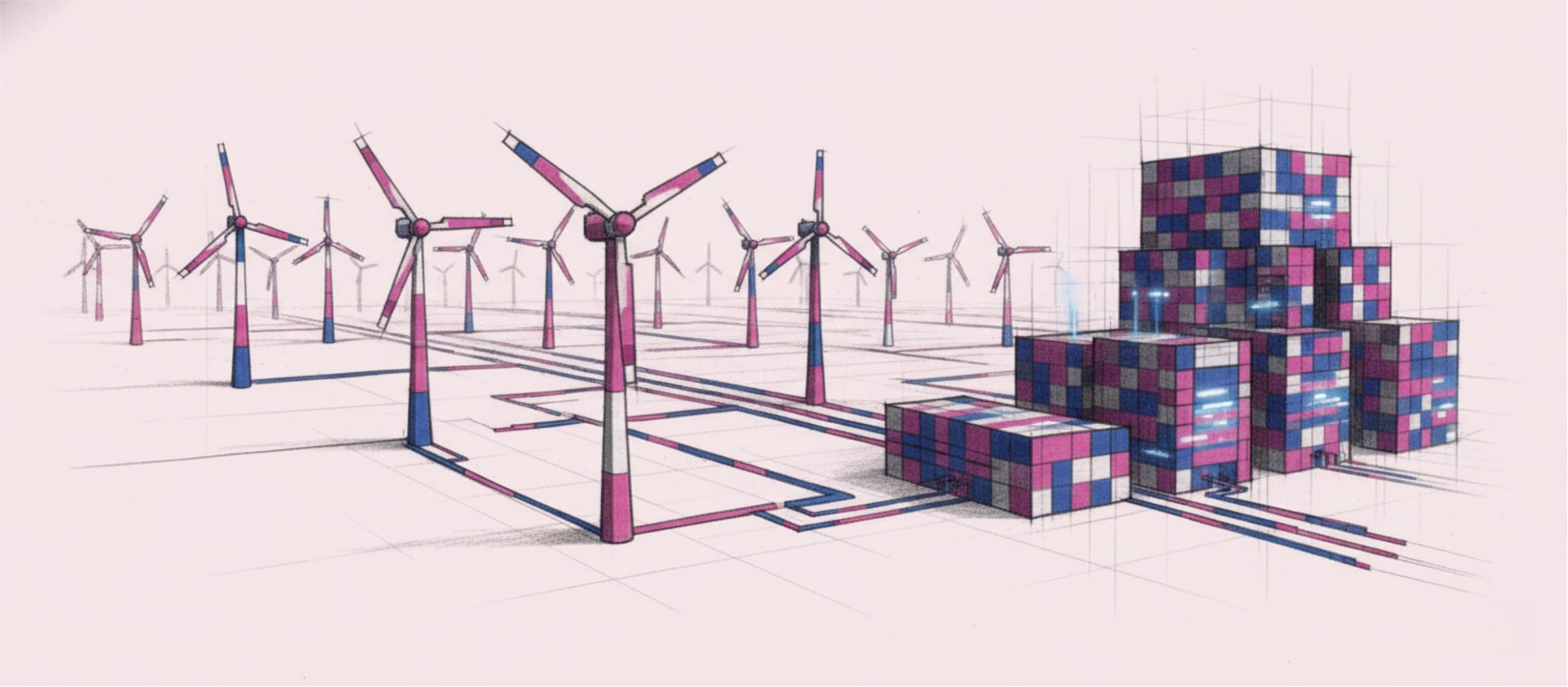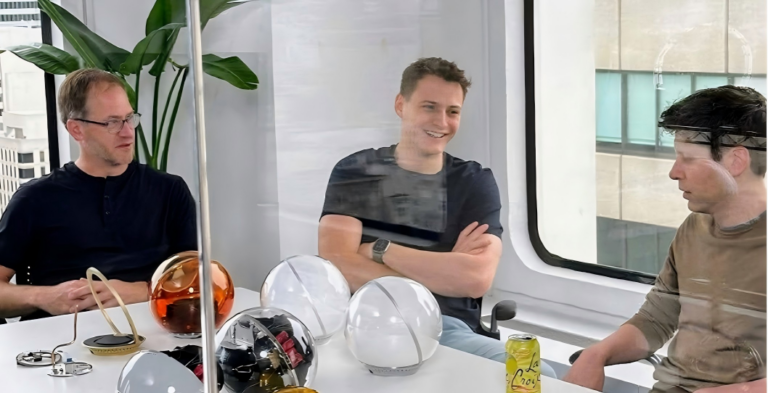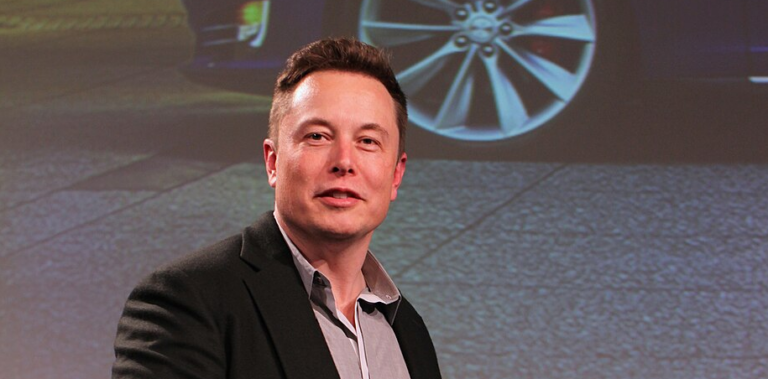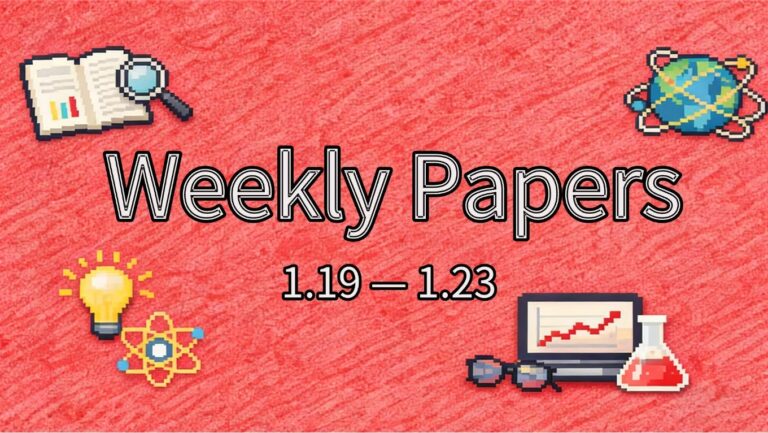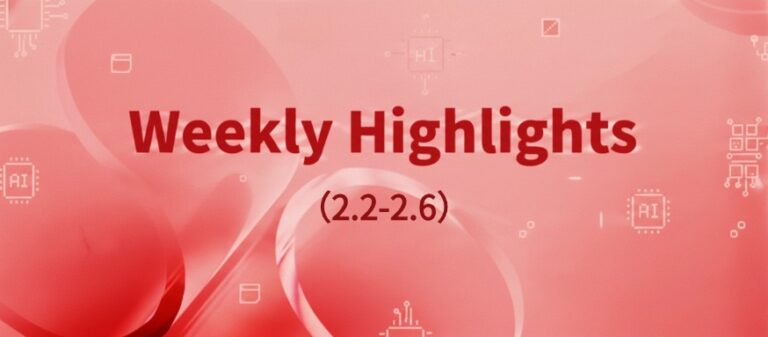By Super Neuro
If you ask the male students who are learning guitar why they want to learn music, they will all smile mysteriously.Now, programmers can write a song for girls and show their artistic talents by just tapping the keyboard, without the need for "21-day guitar crash course".
Today, the editor not only shares this trick to pick up girls, but also uses a photo of his girlfriend as the header image of this article to encourage everyone to write code well.
If you still think that engineers have no talent in picking up girls, you are wrong.
Not long ago, a few programmers from Facebook also created a music tool that can play a song with 6 different instruments. Then, Google's technical experts were not to be outdone and used AI to create a music synthesizer to officially join the professional girl-chasing club.
Code Musician's Quick Guide
As we all know, CNN can be used to reconstruct the style of images, such as adding some filters to make your selfie look like Van Gogh's works. The industry also calls this convolutional neural network neural network transfer (Nural).
Inspired by this, engineers tried to apply CNN to music, hoping to do something big, such as allowing AI to play music by whistling like humans.
The boys are coding seriously, just like Lang Lang
In practice, everyone knows that AI cannot read musical notes directly, so the notes must first be converted into a style that the machine can recognize, and then decoded and reconstructed through CNN to generate a new file.
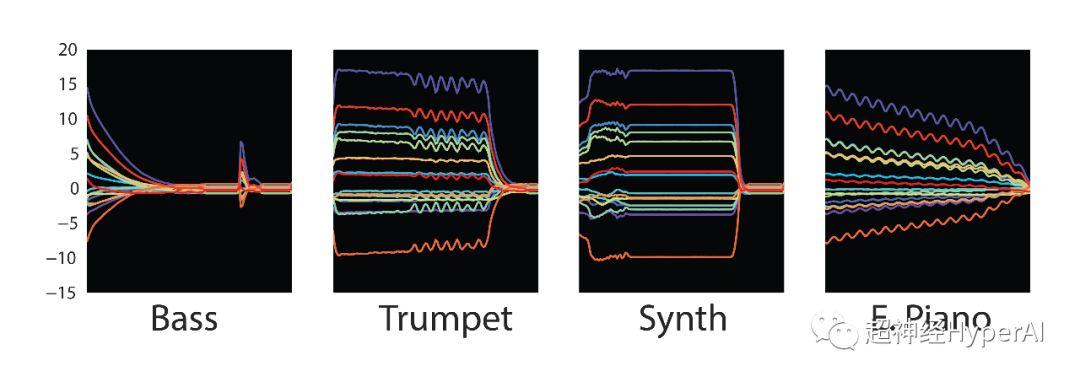
After continuous debugging, they can now play the same song with 6 different styles of instruments, including imitating human whistling.
How Google's brother is doing AI music
The program that the Facebook guys have come up with can only switch the style of music, which doesn't sound romantic enough. So Google's engineers immediately used a trick to seduce girls:
"Creating a unique voice for girls."
Magenta is an AI project initiated by Google that combines music with music. It is dedicated to exploring how to apply machine learning to music creation. They released NSynth (neural synthesizer), the main author of which is Yotam Mann, who relies on deep neural networks to learn the characteristics of sounds and generate an unprecedented sound based on these characteristics.
Yotam believes that the reason why classical instruments are popular is that whether it is piano, guitar, or erhu, they all have their own unique timbre and range. The NSynth he wrote is not a simple mix of sounds, nor is it a reconstruction of musical style.
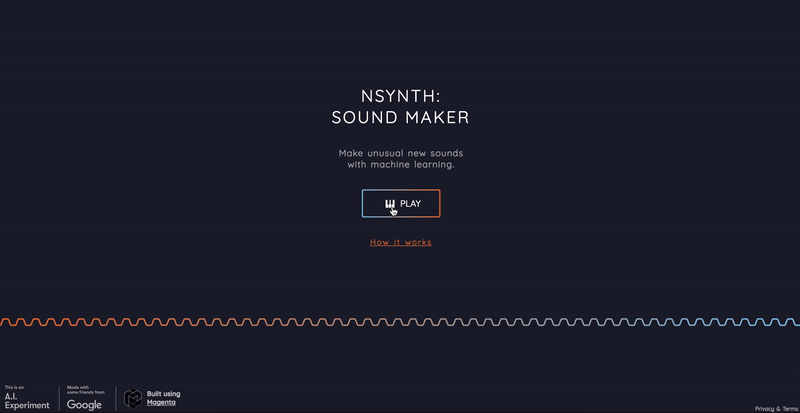
Instead, it uses the acoustic characteristics of the original sound to synthesize a completely new sound, such as combining the sounds of a flute and a piano in proportion to create a new sound.
In the NSythTH algorithm built by Yotam, a compressed sound (denoted by Z) is first generated. Then, the decoder network converts it into an echo, and the entire system is trained to make the output sound as close to the real sound as possible.

To lower the barrier to entry for using NSynth, Magenta worked with Google Creative Lab to create NSynth Super, an open-source music synthesis hardware product.

With over 100,000 pre-loaded sounds, NSynth Super has created many of them algorithmically, which you can select via the dial, or you can create new sounds via the touchscreen.
At present, many professional music producers are using this product. Artistic creation requires inspiration, and this new sound synthesis will also provide creators with some different inspirations in terms of playability and creativity.
If you are interested in NSynth Super source code, schematics, design templates, etc., you can find the demo on GitHub.
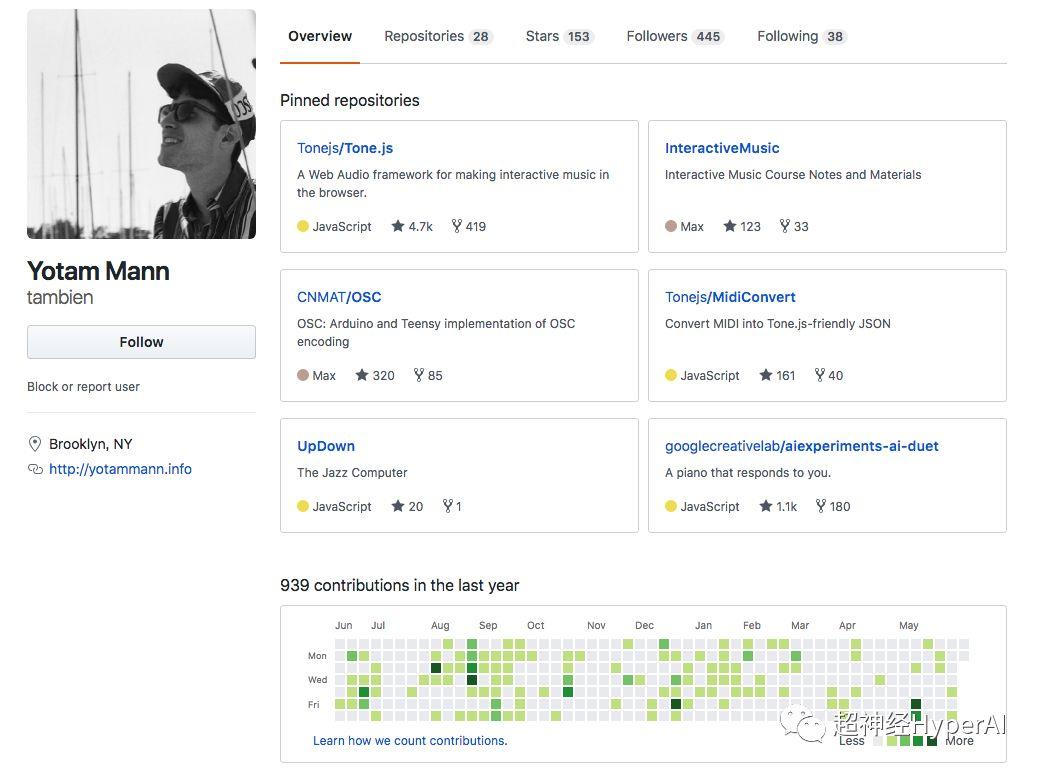
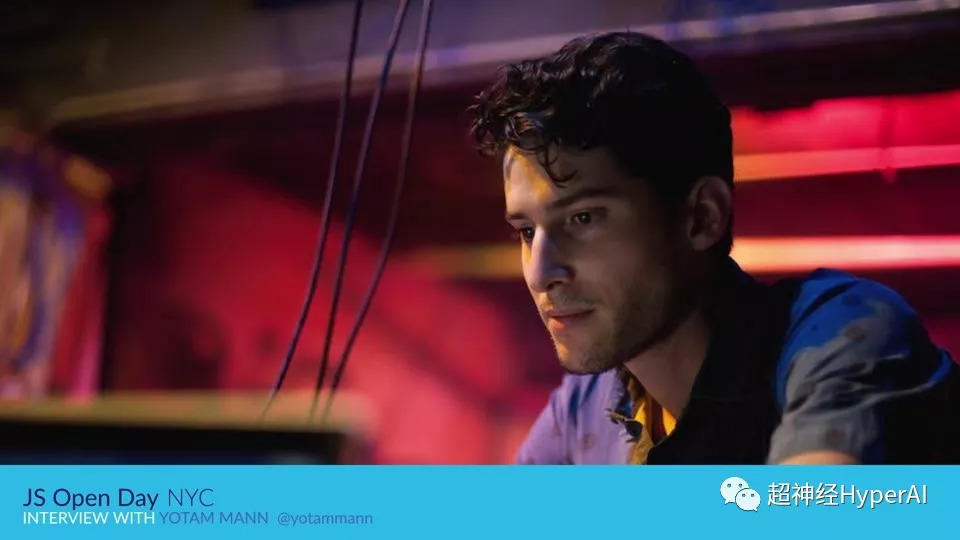
This young man with affectionate eyes is Yotam Mann. I heard that he has almost never been single.




